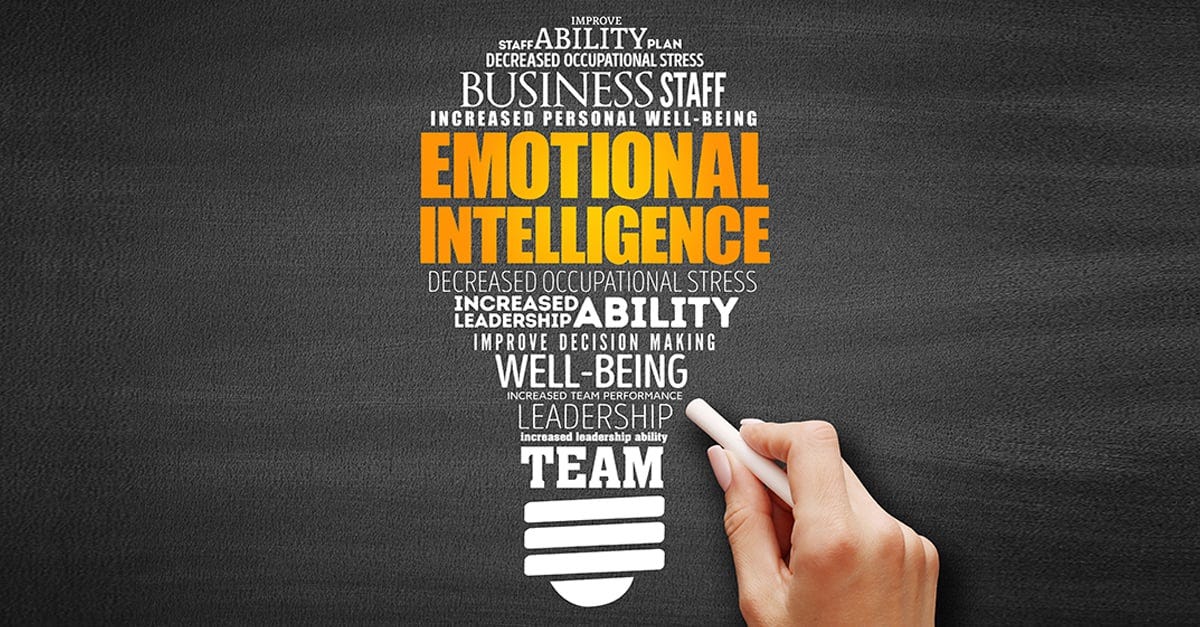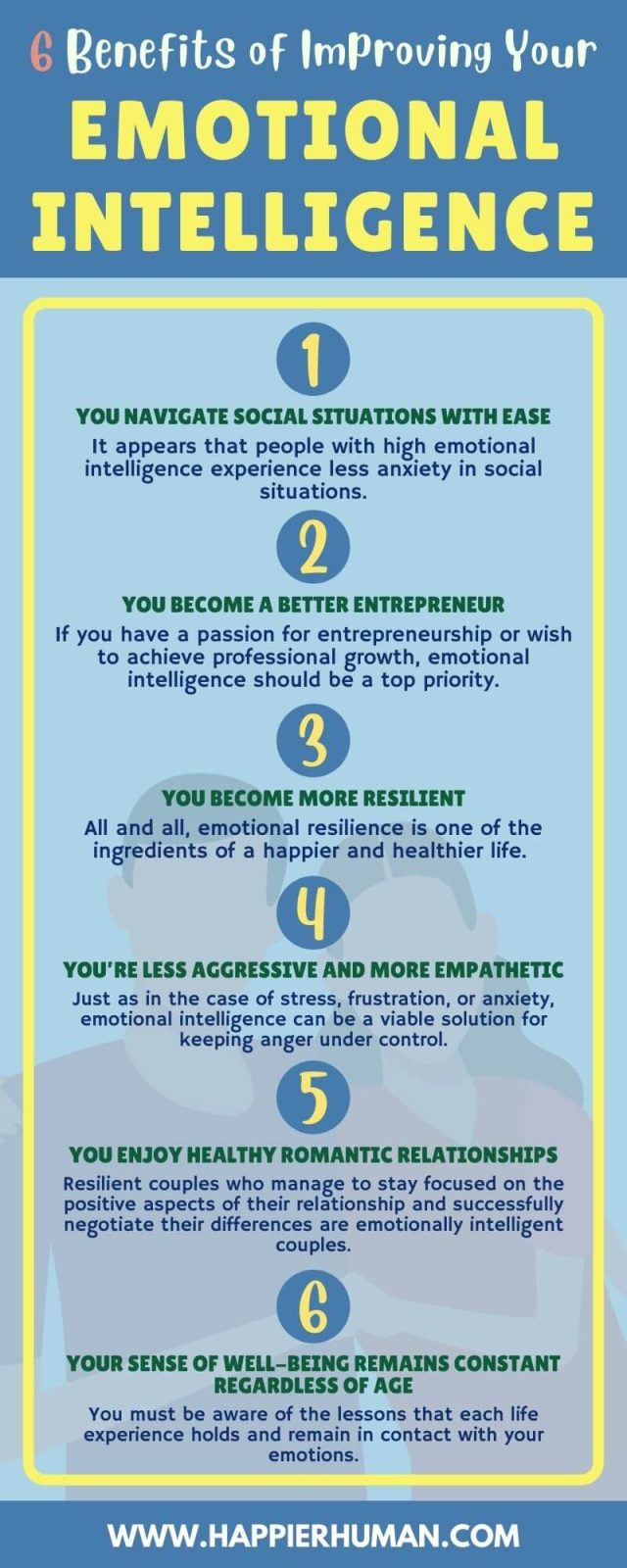Emotional Intelligence Boost: The Daily Journaling Effect
If you’ve ever wanted to enhance your emotional intelligence, look no further than the power of daily journaling. Recent studies have shown that keeping a journal can have a profound and positive impact on your emotional well-being. By taking a few minutes each day to reflect on your thoughts and experiences, you can develop a deeper understanding of your own emotions and build stronger relationships with others. So grab a pen and paper, and get ready to unlock the incredible benefits of the daily journaling effect.
Benefits of Emotional Intelligence
Improves self-awareness
Emotional intelligence plays a crucial role in improving self-awareness. When you have a high level of emotional intelligence, you can effectively identify and understand your own emotions. By being aware of your emotions and the impact they have on your thoughts and actions, you are better equipped to navigate challenging situations and make more informed decisions. This heightened self-awareness allows you to have a better understanding of your strengths and weaknesses, enabling personal growth and development.
Enhances interpersonal relationships
One of the key benefits of emotional intelligence is its ability to enhance interpersonal relationships. When you possess emotional intelligence, you are better able to recognize and understand the emotions and needs of others. This heightened awareness allows you to communicate and engage with others in a more empathetic and compassionate manner. By fostering positive relationships with those around you, you can create a supportive and harmonious environment, both personally and professionally.
Promotes empathy and compassion
Emotional intelligence promotes empathy and compassion towards others. It enables you to put yourself in someone else’s shoes and understand their emotions and experiences. By being able to empathize with others, you develop a greater sense of compassion and can provide support and understanding. This not only strengthens your relationships but also contributes to a more compassionate and inclusive society.
What is Emotional Intelligence?
Definition
Emotional intelligence, often referred to as EQ, is the ability to recognize, understand, and manage emotions in oneself and others. It involves being aware of and effectively utilizing emotions to guide behavior and navigate social interactions. Emotional intelligence encompasses various skills, including self-awareness, self-regulation, empathy, and social skills. It is a vital aspect of personal and professional success, as it contributes to effective communication, conflict resolution, and overall well-being.
Components of emotional intelligence
Emotional intelligence comprises several key components:
-
Self-awareness: This involves recognizing and understanding one’s own emotions and how they influence thoughts and behavior.
-
Self-regulation: The ability to manage and control one’s emotions, impulses, and reactions in various situations.
-
Social awareness: Being cognizant of the emotions and needs of others, and having a sense of empathy towards them.
-
Relationship management: The capacity to build and maintain healthy relationships, effectively communicate, and collaborate with others.
By developing these components, individuals can enhance their emotional intelligence and improve their overall well-being and success in various aspects of life.

Understanding Journaling
Definition
Journaling is the practice of writing down one’s thoughts, emotions, and experiences in a structured and reflective manner. It provides a safe and private platform for self-expression and self-reflection. Journaling can take many forms, including free-writing, gratitude journaling, goal-setting, and reflective journaling. It allows individuals to explore their emotions, gain clarity, and better understand themselves and their experiences.
Different types of journaling
There are various types of journaling that individuals can explore, depending on their needs and preferences:
-
Free-writing: This involves writing without any specific prompts or guidelines, allowing thoughts and emotions to flow freely.
-
Gratitude journaling: Focusing on positive aspects of life and writing down things you are grateful for.
-
Reflective journaling: Engaging in self-reflection by writing about experiences, lessons learned, and personal growth.
-
Goal-setting journaling: Setting specific goals and tracking progress through journal entries.
Each type of journaling offers unique benefits and can be tailored to suit individual preferences and goals.
Benefits of journaling
Journaling offers numerous benefits for emotional well-being and personal growth:
-
Emotional release: Writing down emotions provides an outlet for release, reducing stress and promoting emotional well-being.
-
Self-reflection: Journaling facilitates self-reflection, allowing individuals to gain insights into their thoughts, behaviors, and patterns.
-
Clarity and problem-solving: Writing about challenging situations or problems can help gain clarity and find potential solutions.
-
Processing emotions: Journaling helps process complex emotions, facilitating emotional regulation and resilience.
-
Memory enhancement: Recording experiences and events in a journal improves memory and aids in personal growth and self-understanding.
Overall, journaling serves as a powerful tool for self-exploration, self-improvement, and emotional well-being.
The Connection Between Emotional Intelligence and Journaling
How journaling enhances emotional intelligence
Journaling and emotional intelligence are closely interconnected. By engaging in regular journaling practices, individuals can enhance their emotional intelligence in several ways:
-
Increased self-awareness: Journaling allows individuals to explore and understand their own emotions, providing insights into their strengths, weaknesses, and patterns of behavior.
-
Emotional regulation: Through journaling, individuals can identify triggers for emotional reactions and develop strategies for better managing their emotions.
-
Empathy development: Reflecting on personal experiences and emotions can foster empathy and a better understanding of others’ perspectives and emotions.
-
Self-reflection and problem-solving: Journaling encourages self-reflection, providing an opportunity to analyze situations, gain insights, and develop effective problem-solving skills.
Scientific studies supporting the link
Numerous scientific studies have demonstrated the positive impact of journaling on emotional intelligence. For example, a study published in the Journal of Clinical Psychology found that expressive writing, a form of journaling, led to improvements in emotional well-being and overall psychological health. Another study published in the Journal of Happiness Studies found that journaling enhanced self-awareness and emotional intelligence, leading to increased happiness and life satisfaction.
These studies highlight the strong connection between journaling and emotional intelligence, providing empirical evidence for the benefits of incorporating journaling into daily routines.

Daily Journaling Practices for Boosting Emotional Intelligence
Set aside dedicated time
To fully reap the benefits of journaling for emotional intelligence, it is essential to set aside dedicated time each day. This time should be treated as sacred and prioritized in your schedule. By consistently engaging in journaling practices, you can establish a routine that fosters self-reflection, emotional awareness, and personal growth.
Reflect on and identify emotions
When journaling for emotional intelligence, it is crucial to reflect on and identify your emotions. Take the time to explore and understand the underlying emotions behind your thoughts and actions. By accurately identifying and labeling your emotions, you can gain a clearer understanding of their impact on your overall well-being and relationships.
Practice active listening
In addition to self-reflection, journaling can also enhance your active listening skills. As you write, imagine yourself in a conversation with a trusted friend or mentor. Allow your journal to become a sounding board for your thoughts and emotions. This practice can improve your ability to listen and empathize with others, ultimately strengthening your interpersonal relationships.
Develop strategies for emotional regulation
Journaling provides a unique opportunity to develop strategies for emotional regulation. As you reflect on your emotions, thought patterns, and triggers, consider and explore different techniques that help you effectively regulate your emotions. This may include deep breathing exercises, mindfulness practices, or seeking support from others. By actively experimenting with different strategies, you can build a personal toolbox for emotional regulation.
Tips for Effective Journaling
Choose a comfortable and quiet space
When journaling, it is important to choose a comfortable and quiet space where you can fully immerse yourself in the practice. Find a space free from distractions where you can focus on your thoughts and emotions without interruption. This allows for a more meaningful and introspective journaling experience.
Write freely without judgment
One of the key principles of effective journaling is to write freely without judgment. Allow your thoughts and emotions to flow onto the paper without filtering or censoring yourself. This creates a safe space for true self-expression and exploration. Remember, your journal is for you and you alone, so there is no need to worry about how your writing sounds or appears to others.
Explore different writing prompts
To enhance your journaling experience, consider exploring different writing prompts. Prompts can help guide your thoughts and provide a starting point for reflection. They can range from questions about specific experiences to broader topics like goals, dreams, and gratitude. Experimenting with different prompts can add variety and depth to your journaling practice.
Review and reflect on your entries
Periodically reviewing and reflecting on your journal entries is an integral part of effective journaling. Take the time to re-read your previous entries and reflect on your progress, insights, and emotions. This self-reflection enables you to recognize patterns, track your growth, and gain a deeper understanding of yourself.

Incorporating Journaling into Your Daily Routine
Establish a consistent journaling schedule
To make journaling a habit, it is important to establish a consistent journaling schedule. Determine a time of day that works best for you and commit to it. Whether it is in the morning to start the day with self-reflection or in the evening to process the events of the day, consistency is key. By incorporating journaling into your daily routine, it becomes a natural and valuable part of your life.
Experiment with different journaling methods
There is no one-size-fits-all approach to journaling. Experiment with different journaling methods to find what resonates most with you. Try different types of journaling, such as free-writing, gratitude journaling, or reflective journaling, to discover the format that best suits your needs and preferences. This exploration allows you to personalize your journaling experience and maximize its benefits.
Make it a habit
Consistency is essential in establishing any new habit, including journaling. Treat journaling as a priority in your daily routine. Just like brushing your teeth or exercising, journaling should become a regular practice that you commit to. The more you make journaling a habit, the more you will reap the benefits of enhanced emotional intelligence and self-awareness.
Other Strategies to Enhance Emotional Intelligence
Practice self-care
Self-care is fundamental to enhancing emotional intelligence. Take the time to prioritize your well-being by engaging in activities that bring you joy, reduce stress, and promote relaxation. This may include exercise, spending time in nature, practicing mindfulness, or indulging in hobbies. By investing in self-care, you can recharge and replenish your emotional resources, fostering increased emotional intelligence.
Seek feedback and learn from others
To further enhance your emotional intelligence, seek feedback from trusted individuals in your life. Their insights and perspectives can provide valuable feedback on your emotions, behaviors, and communication style. Listen actively and reflect on their feedback to identify areas of growth and improvement. Learning from others and being open to feedback can lead to significant personal and emotional development.
Develop mindfulness and meditation practices
Mindfulness and meditation practices are powerful tools for enhancing emotional intelligence. By practicing mindfulness, you can cultivate awareness of your thoughts, emotions, and bodily sensations in the present moment. This heightened awareness allows for better emotional regulation and self-reflection. Engaging in meditation practices can also promote a sense of calm, clarity, and empathy, contributing to overall emotional intelligence.

Recognizing Progress and Growth
The importance of tracking and celebrating improvements
Tracking and celebrating your progress and growth is crucial in the journey towards enhanced emotional intelligence. Set aside time to periodically review your journal entries and reflect on the positive changes and improvements you have made. Celebrate even the smallest victories and milestones, as each step forward contributes to your overall emotional well-being and personal development.
Using your journal as a tool for self-reflection
Your journal serves as a valuable tool for self-reflection. Take the time to engage in reflection by reviewing and analyzing your journal entries. Consider the patterns, themes, and insights that arise from your writing. Use your journal as a means to gain self-understanding, identify areas for improvement, and set goals for continued growth.
Conclusion
Emotional intelligence, with its various benefits, is a fundamental aspect of personal and professional success. Journaling serves as a powerful tool for enhancing emotional intelligence by fostering self-awareness, empathy, and self-regulation. By engaging in daily journaling practices and incorporating effective strategies, you can develop and strengthen your emotional intelligence. Experiment with different journaling methods, establish a consistent routine, and actively reflect on your entries. Combine journaling with other strategies such as self-care, seeking feedback, and mindfulness to further enhance your emotional intelligence. Embrace the transformative power of journaling and unlock the full potential of your emotions and relationships.


















